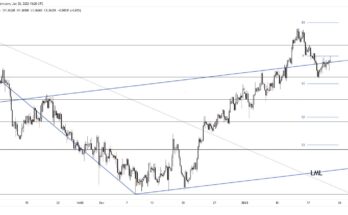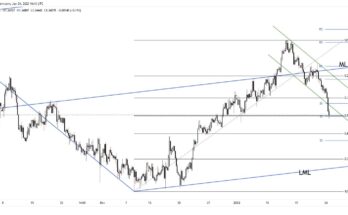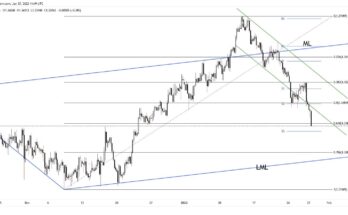The week and new month starts with two primary points of interest. The first is the oil price, which slumped last week, with further weakness being seen in the early part of this week. Energy price falls are normally seen as a generally positive development, but at this stage, with inflation still low (and sometimes negative) in many developed economies, the timing is far from perfect. Even in the US, forward inflation expectations (5Y5Y breakeven rates) are at the lowest level for the year to date. The hope is that the offset for consumers (more income to spend elsewhere) provides some relief for those economies that need it.
The other focus is with Switzerland and the rejection of the weekend referendum proposal to increase the SNB’s gold holdings to 20% of reserves. In the past couple of weeks, this development was anticipated by the movement in polls, but we’ve nevertheless seen a sigh of relief on the part of gold which has traded lower. The euro was also higher at the start of the Asia session, because euro sales would have had to be made to re-balance reserves, but dollar strength has since taken hold to push EURUSD towards the 1.2420 level in the early part of European trade.
For this week, early focus today is with the final PMI numbers in Europe, together with data for the UK. US ISM data is seen at 15:00 GMT, with the UK focusing on the ‘autumn’ budget statement on Wednesday. Naturally, US jobs data on Friday will be the primary data focus overall, with the dollar starting the month near the highs for the year on the dollar index.
Further reading:
RBA Rhetoric To Lubricate Further AUD Slide This Week – Credit Agricole
UK Manufacturing PMI at 53.5 – ticking up



